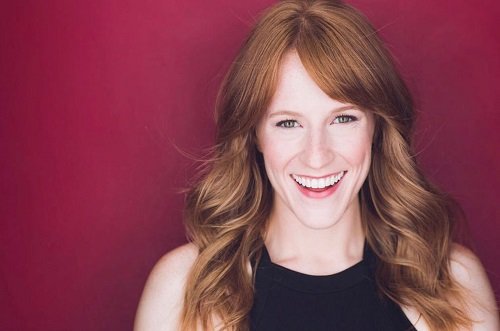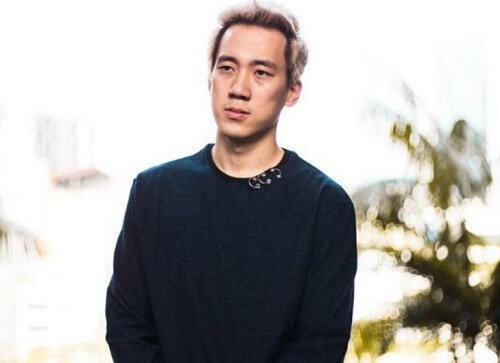In this article, here is the full details of Jill Stein about wiki, biography, date of birth, birthplace, zodiac sign, nationality, hometown, age, height, weight, father, mother, family, boyfriend, husband, relationship status, children, profession, education, career, net worth, facts, Wikipedia, and many more.

Early Life and Education
Jill Ellen Stein was born on May 14, 1950, in Chicago, Illinois, and grew up in Highland Park, a northern suburb of Chicago. She was raised in a Jewish family, the daughter of Gladys (née Wool) and Joseph Stein. Her father was a lawyer, and her mother was a stay-at-home parent. Stein excelled academically and pursued her undergraduate degree at Harvard College, where she earned a Bachelor of Arts in 1973. She later attended Harvard Medical School, graduating with a medical degree in 1979. Her medical training led her to specialize in internal medicine, and she spent many years practicing as a physician, primarily in the Boston area.
Medical Career and Shift to Activism
As a practicing physician, Stein witnessed firsthand the effects of pollution, poor nutrition, and a lack of access to affordable healthcare on her patients. This experience was pivotal in shifting her focus toward environmental and social justice advocacy. By the late 1990s, Stein had turned her attention from treating individual patients to tackling the broader issues impacting public health. She began to advocate for policies addressing pollution, environmental toxins, and sustainable community practices.
Her early activism focused on addressing environmental issues in Massachusetts, where she co-authored reports such as In Harm’s Way: Toxic Threats to Child Development and Environmental Threats to Healthy Aging. These reports highlighted the health risks posed by pollution, especially to vulnerable populations like children and the elderly, gaining attention from both public health experts and policymakers.
Political Career and the Green Party
Jill Stein’s transition to politics came in the early 2000s, when she joined the Massachusetts Green-Rainbow Party, the Massachusetts affiliate of the Green Party. In 2002, she ran for governor of Massachusetts as the Green-Rainbow Party candidate, coming in third with around 3.5% of the vote. Although she did not win, her campaign drew attention to issues like climate change, renewable energy, and universal healthcare.
Stein continued to run for political office throughout the 2000s, campaigning for Massachusetts Secretary of the Commonwealth in 2006 and Massachusetts House of Representatives in 2004, where she consistently championed environmental and social justice issues. In 2010, she ran for governor of Massachusetts again, reinforcing her platform of economic and environmental reform. Her advocacy in these campaigns earned her a reputation as a determined voice for progressive causes.
Presidential Campaigns
Jill Stein rose to national prominence in 2012 when she ran for president as the Green Party’s nominee. Her platform, called the “Green New Deal,” outlined a vision for a sustainable economy based on renewable energy, job creation in green industries, universal healthcare, and the eradication of student debt. Though her support base was relatively small, she won over many voters who felt disillusioned with the two-party system. Stein received around 0.36% of the popular vote in 2012, making her one of the more visible third-party candidates in recent American political history.
Stein ran for president again in 2016, gaining more attention amid a particularly contentious election cycle between Republican candidate Donald Trump and Democratic candidate Hillary Clinton. During this campaign, Stein expanded her Green New Deal platform and became a vocal critic of the U.S. foreign policy, especially concerning military intervention. She also spoke out against corporate influence in politics and called for stronger measures to address climate change. Despite her increased visibility, Stein received about 1% of the vote.
Her 2016 campaign faced criticism and scrutiny, with some accusing her of drawing votes away from Clinton, potentially aiding Trump’s win in key states. Stein dismissed these claims, arguing that a robust democracy should welcome diverse viewpoints and alternatives to the two-party system.
Post-2016 and Continued Activism
Following the 2016 election, Stein continued her activism on issues such as environmental justice, healthcare, and election reform. She became involved in the debates about election security, questioning the integrity of voting systems in the United States and advocating for greater transparency and accountability. Stein also continued to speak out about climate change, emphasizing the need for urgent action to combat global warming and pushing for a sustainable future based on renewable energy sources.
Stein has remained a figure in the Green Party and an advocate for progressive causes, though her influence has somewhat waned since the height of her political campaigns. Nevertheless, she has continued to serve as a representative voice for those dissatisfied with the traditional two-party system and eager for a more environmentally conscious, socially just approach to governance.
Personal Life
Jill Stein is married to Richard Rohrer, a physician, and they have two children. Known for her passionate commitment to her causes, she lives a relatively private life when not engaged in public activism. Her journey from medicine to politics underscores her dedication to issues she believes impact public health, environmental well-being, and social justice.
Legacy and Impact
Although Jill Stein has not held political office, her presidential campaigns introduced Green Party ideals to a broader audience, sparking conversations about the need for sustainable policies, election reform, and third-party viability in American politics. Her advocacy has helped to broaden the scope of political debate, encouraging a focus on environmental and health issues that continue to resonate in contemporary policy discussions.
Jill Stein’s legacy in American politics is that of a persistent advocate who championed environmental and social justice causes and challenged the traditional boundaries of political discourse. Her influence persists as a reminder of the importance of diverse voices in democracy, particularly around pressing issues like climate change, healthcare, and economic equity.
Stay connected with the wikimavani to know more about other trending personalities the wiki, biography, date of birth, birthplace, zodiac sign, nationality, hometown, age, height, weight, father, mother, family, boyfriend, husband, girlfriend, wife, relationship status, children, profession, education, career, net worth, facts, Wikipedia, and many more.










